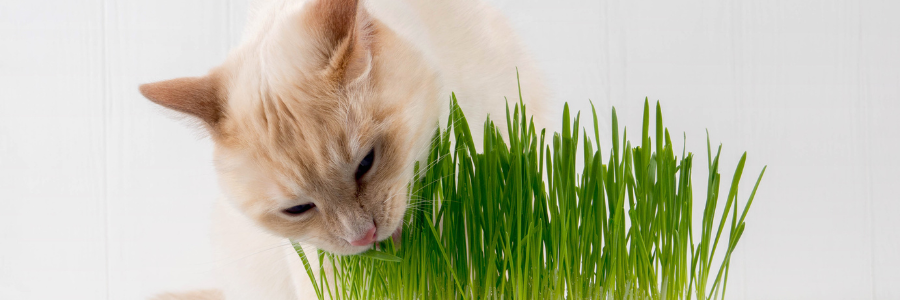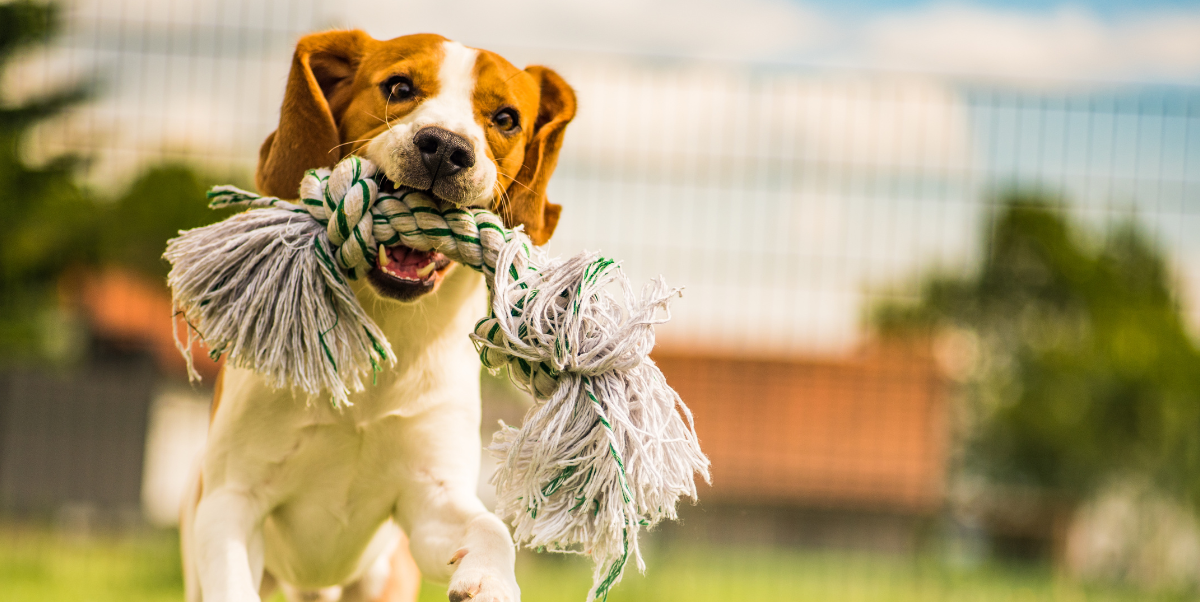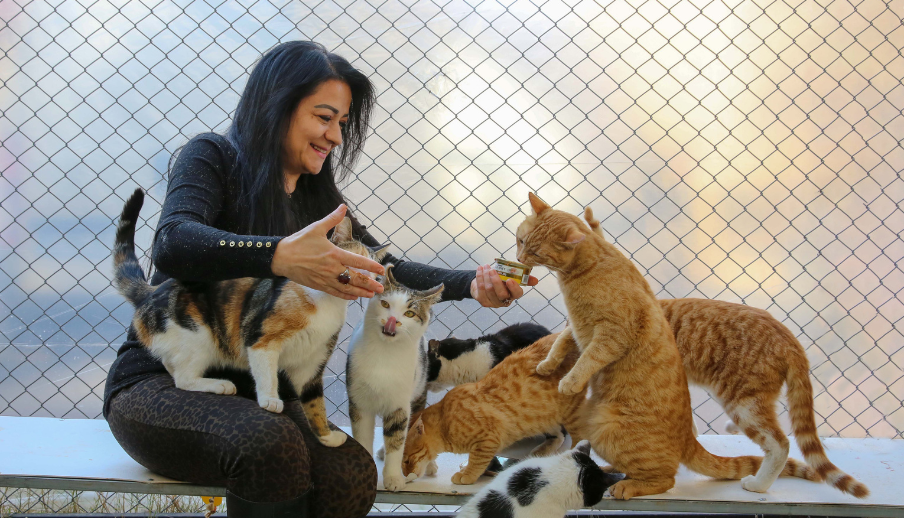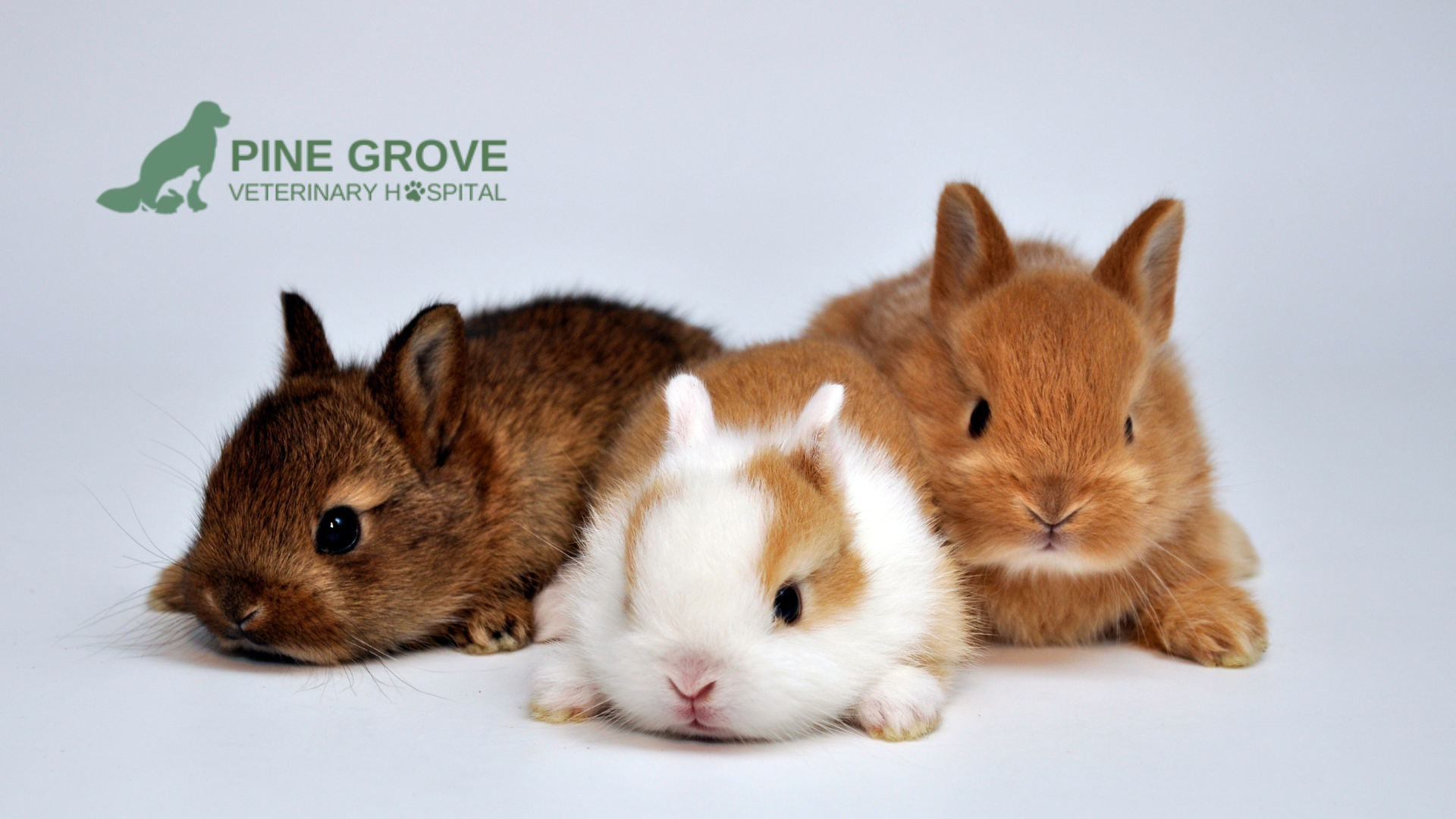How to Prevent and Treat Constipation in Cats: Expert Advice
Constipation in cats is more common than most pet owners realize, and it can quickly go from uncomfortable to serious if left untreated. Whether you're caring for a playful kitten or a senior feline, digestive issues can affect cats at any age. If you’re asking yourself, "how to help a constipated cat?" — you’re in the right place. This article offers expert advice on recognizing, treating, and preventing cat constipation, along with when to seek urgent care from an emergency vet in Orillia or your trusted Orillia pet hospital.
What Causes Constipation in Cats?
Feline constipation can result from several physical, dietary, and behavioral factors. Common causes include:
- Dehydration: Cats often don't drink enough water, especially if they eat dry food.
- Lack of fiber: Low-fiber diets can slow down digestion.
- Obesity: Excess weight can reduce physical activity, affecting bowel function.
- Stress or anxiety: Changes in environment, routine, or litter box location can lead to withholding.
- Underlying health issues: Arthritis, neurological disorders, or colon diseases can all be culprits.
If you're unsure of the cause, a professional diagnosis is essential. Local veterinarians at an Orillia pet hospital can identify the root problem and suggest the most effective treatment plan.
Signs and Symptoms to Watch For
It’s important to catch constipation early before it becomes a severe issue. Symptoms of feline constipation may include:
- Infrequent or absent bowel movements
- Straining or crying in the litter box
- Small, hard, or dry stools
- Lethargy or irritability
- Loss of appetite
- Vomiting or bloated abdomen
If your cat displays any of these signs for more than 48 hours, it’s time to consider contacting an emergency vet in Orillia — especially if their condition seems to be rapidly declining.
How to Help a Constipated Cat at Home
While persistent constipation should be treated by a vet, there are some mild home interventions that may provide short-term relief. Here’s how to help a constipated cat at home:
- Increase water intake: Switch to wet food, offer cat fountains, or add low-sodium broth to meals.
- Dietary fiber: Add small amounts of pumpkin puree or psyllium husk to food (vet-approved).
- Probiotics: Digestive supplements can support gut health.
- Gentle exercise: Play sessions can encourage natural bowel movement.
- Pet-safe laxatives: Only use under a veterinarian's instruction.
Remember, these methods should not replace professional care. If home remedies don't work within 24–48 hours, or if your cat appears distressed, consult your Orillia pet hospital promptly.
When to Call the Vet
If your cat hasn’t defecated in more than two days, or shows additional signs like vomiting, abdominal swelling, or extreme lethargy, don’t delay. These symptoms can indicate a blockage or a more serious underlying issue that needs immediate attention.
A visit to an emergency vet in Orillia can prevent further complications and offer your cat fast, effective relief. Time-sensitive care is especially critical if your cat is elderly, chronically ill, or has had previous gastrointestinal issues.
Treatment Options from the Vet
Professional intervention offers a range of treatments depending on the severity of the case. At a trusted Orillia pet hospital, your vet may suggest:
- Hydration therapy: IV fluids to rehydrate and stimulate digestion
- Enemas: Safe, vet-administered enemas to help clear blockages
- Laxatives or stool softeners: Prescription medications like lactulose
- Manual removal: In extreme cases, a veterinarian may perform a procedure to remove hardened feces under anesthesia
- Dietary changes: Prescription high-fiber or gastrointestinal diets
Each treatment plan is customized based on your cat’s medical history and the complexity of the condition. Ongoing monitoring may be necessary, especially for recurring cases.
Preventing Future Constipation
Prevention is always better than treatment. To reduce the risk of future issues, follow these preventive steps:
- Hydration is key: Keep fresh water available at all times.
- Choose the right diet: Consider high-moisture or high-fiber cat food.
- Encourage movement: Keep your cat active with toys and interactive play.
- Weight management: Maintain a healthy weight to avoid inactivity-related issues.
- Routine vet visits: Regular checkups at your Orillia pet hospital can help catch problems early.
Senior cats or those with a history of constipation may need more frequent monitoring and personalized care.
Why Local Care Matters: Spotlight on Orillia
When your cat is in distress, having access to reliable local veterinary care makes all the difference. An Orillia pet hospital offers not just treatment, but ongoing support tailored to your pet’s unique needs. Whether it’s a scheduled wellness exam or an unexpected emergency, the expertise and compassion of local vets ensure that your furry companion receives the best possible care.
Need urgent help? An emergency vet in Orillia is equipped to handle time-sensitive conditions, including severe constipation, trauma, or sudden illness. Don’t hesitate to reach out when your cat’s comfort or safety is at stake.
Constipation in cats can range from mild to life-threatening, depending on the cause and how quickly you act. Early recognition, home care, and professional intervention can make a big difference in your pet’s health and quality of life. If you're still wondering how to help a constipated cat, remember that local support is just a call away.
Contact your trusted Orillia pet hospital or emergency vet in Orillia today for expert guidance, timely treatment, and compassionate care for your feline friend.











